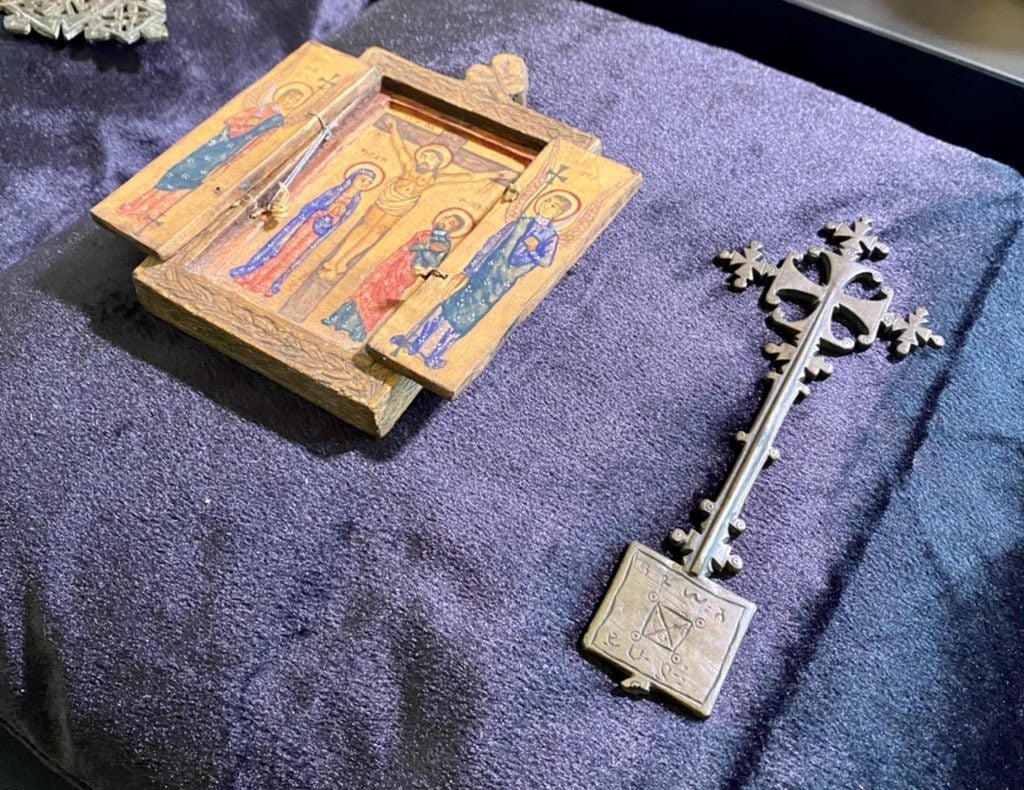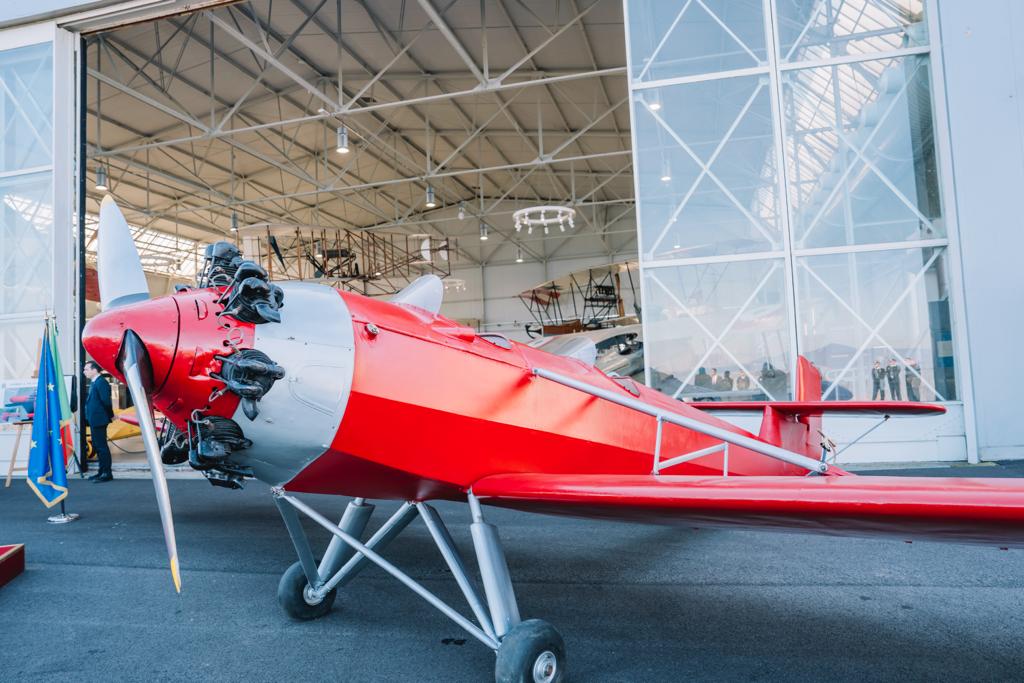
Ethiopia has been intensifying its efforts to recover irreplaceable cultural artifacts plundered from the country at the height of the colonial era.
- Ethiopia is actively recovering cultural artifacts looted during the colonial era.
- A comprehensive list of plundered items has been submitted to UNESCO for international collaboration.
- Legal actions are being taken to prevent the auctioning of Ethiopian historical objects abroad.
- Significant repatriations included Ethiopia’s first airplane and several historical relics.
According to Abebaw Ayalew, Director General of the country’s heritage office, Ethiopia has already made great strides, with numerous items successfully repatriated in recent years.
SEE ALSO: Egypt gets back its 3,400 old antique from Switzerland
Ayalew revealed that Ethiopia has sent a complete list of plundered items to the United Nations Educational, Scientific, and Cultural Organization (UNESCO) to enable international collaboration.
Dedicated teams are also striving to locate historical artifacts now held by international institutions and private collectors.
In circumstances where such products are on the market, Ethiopia has taken legal action to prevent their sale at international auctions.
One of the most dramatic developments came last year, when Italy returned “Tsehai,” Ethiopia’s first manufactured airplane, which had been stolen during the Fascist invasion in the 1930s.

Prime Minister Abiy Ahmed formally welcomed the historic aircraft on January 30th, describing its return as a “great day” for the country.
DON’T MISS THIS: Egypt trounces infamous trafficking network to recover 25 rare antiquities
Other important relics have been reclaimed in recent times thanks to legal actions that are hindering the auction of the country’s relics abroad.
These include the mantle of Ras Desta Damtew’s, the Ethiopian Order of the Star, and Emperor Tewodros II’s armor, all of which represent Ethiopia’s history and tenacity.
Each return, Ethiopian authorities claim, not only corrects historical injustices but also promotes national identity.
As seen on Sputnik, Ethiopia has outlined ambitious intentions to raise its cultural profile on a worldwide scale.
The country is preparing to nominate new cultural and natural heritage sites to UNESCO, including Al-Nejashi, one of Africa’s oldest mosques, the traditional Ethiopian coffee ceremony, Waza (also known as Zumbara), Agew Feresegna, Halaba Sera, and Enset, an important staple crop in Ethiopian cuisine and tradition.












